A project financed by Nordic Climate Facility introducing methods of combating the effects of climate change in the coffee farming communities of Uganda
As the biggest coffee exporter in Africa, coffee is employing about 1.7 million smallholder farmers in Uganda.1 More than 80 percent of the population in Uganda earn their living from agriculture, majority being smallholder farmers. For the rural smallholder farmers, coffee represents a major source of income, and many depend on coffee for their entire livelihood. Yet today the coffee farmers have something to worry about.
The farmers are facing challenges at several fronts: production, climate change and market failures. These often translate into declining production and income, and their impact is only projected to grow.
The productivity of coffee in the West and Central regions of Uganda is declining due to use of unsustainable production methods contributing to soil fertility and nutrient deterioration. The situation is worsened by climate change effects and market failures. For smallholder coffee farmers the lack of regular income, food insecurity and lower production can cause the farmers to sell their coffee harvest prematurely at prices far below its potential market value.
To respond to these challenges and contribute to improved, sustainable livelihoods for Ugandan small-scale coffee producers, an initiative called the Growing Agricultural Enterprise (GREAN) project was launched. The objective of the three-year project was to contribute to improved sustainable livelihoods for smallholder coffee producers in Uganda through climate adaptation and mitigation measures, specifically Sustainable Agriculture Land Management (SALM) and climate-friendly energy solutions. The SALM methodology is founded on increasing soil nutrients and soil organic carbon, conserving soil and water, reducing pests and diseases.
A key aspect of the project was the close partnership with Fairtrade Africa and three local Small Producer Organisations (SPOs) with Fairtrade certifications. With the help of these organisations in capacity building, the project was able to reach 17,249 farmers in total. The SPOs carried trainings on leadership and SALM practices, and established demonstration sites that were used by farmer trainers for various agroforestry practices. In addition, to support the farmers by producing tree seedlings for them, 10 tree nurseries were established, which the SPOs now maintain.
The model employed during the project enabled farmers to adapt to the effects of climate change, whereas the cook stoves, briquettes and tree planting enabled farmers to mitigate the effects of climate change. As a result of farmers adopting SALM practices and using improved cooking stoves, 79,617.01t CO2eq was sequestered by the end of 2020. Looking ahead, it has been estimated that the GHG emission reduction will reach a total of 517,147.80t CO2e.
Adopting SALM practices was proven functional as they led to increased farm productivity, improved coffee quality and diversification of food sources. By integrating SALM in farming activities, the project contributed to rehabilitation of degraded land by ensuring reduced loss of soil and fertility thus improving coffee yields in terms of quality and quantity. Furthermore, the improved incomes reduced vulnerability of the households and contributed to their increased resilience to climate related shocks.
Although the project has come to its end, it is evident that the interventions will continue. Through a versatile, yet comprehensive set of activities on a local level, the demand for these practices is projected to continue and scale-up. Especially, the ever-increasing demand for climate friendly stoves and briquettes as an alternative energy for cooking among the coffee farmers and existing opportunities for linking women and youth to the briquette and cookstoves’ market and connect them to Fairtrade markets will enable the project to be scaled up.
The GREAN project covered the districts of Bukomansimbi, Bushenyi, Ibanda Mbarara, Mitooma, Ntungamo and Sheema in Uganda. It was led by Vi Agroforestry (Sweden) in cooperation with Fairtrade Africa, Kibinge Coffee Farmers’ Cooperative Society (KCFCS), Ankole Coffee Producers Cooperative Union (ACPCU), and Banyankole Kweterana Cooperative Union (BKCU). The project commenced in 2017 and finished in 2020.
1) World Resources Institute (2019). Uganda’s Coffee Farmers Show There’s No One-Size-Fits-All Solution for Climate Change Adaptation. Access online: https://www.wri.org/insights/ugandas-coffee-farmers-show-theres-no-one-size-fits-all-solution-climate-change-adaptation.
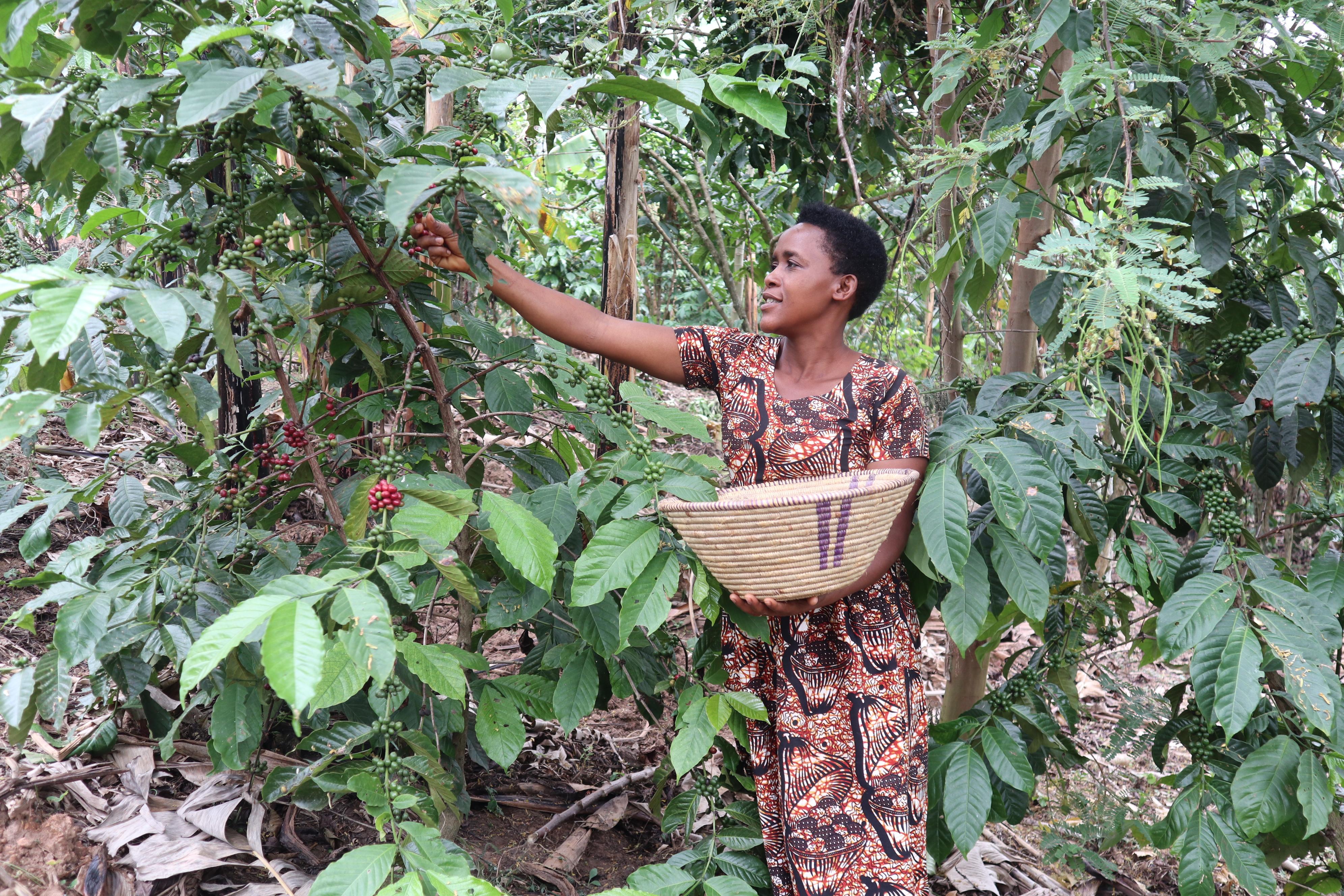
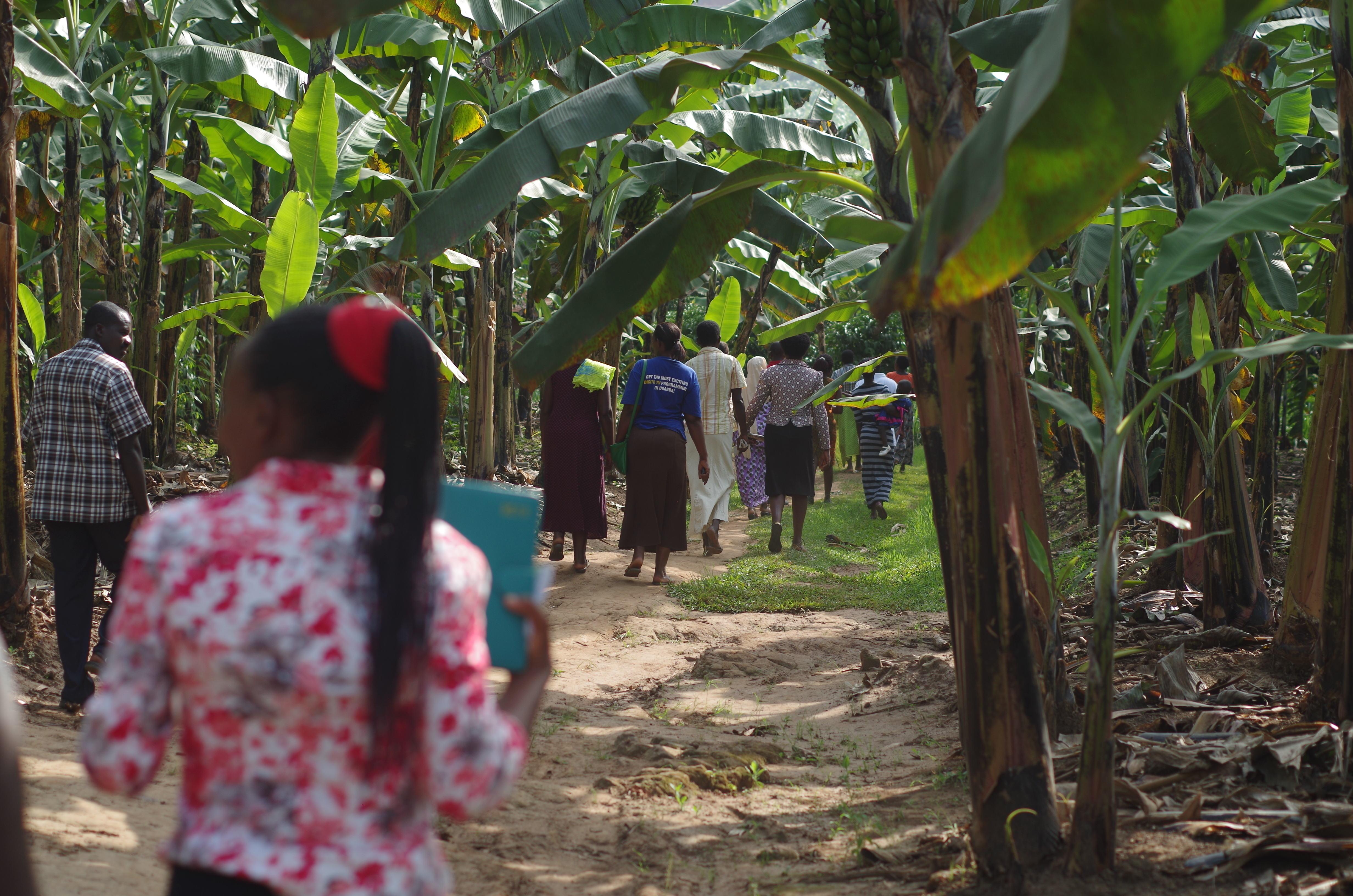
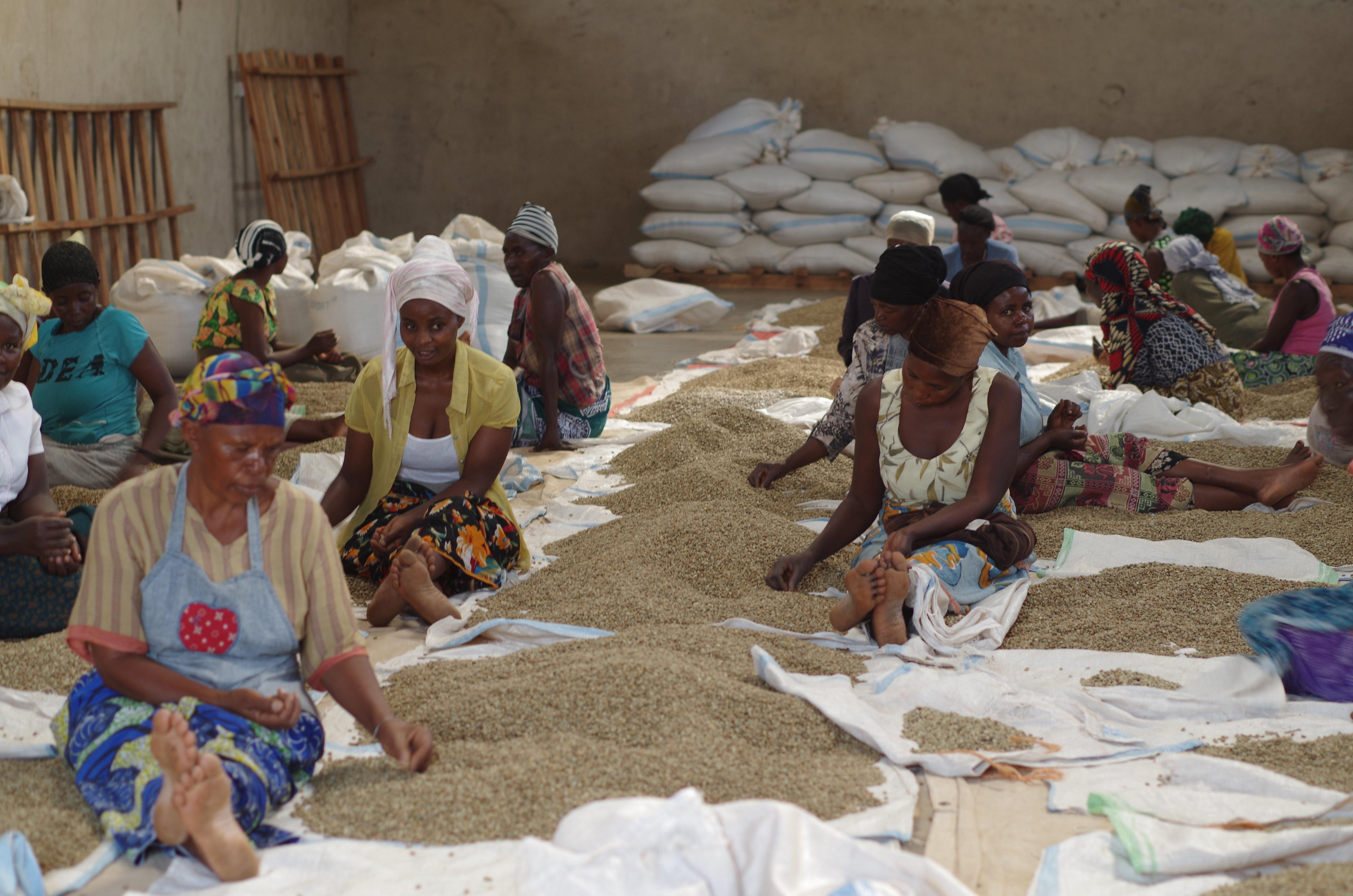
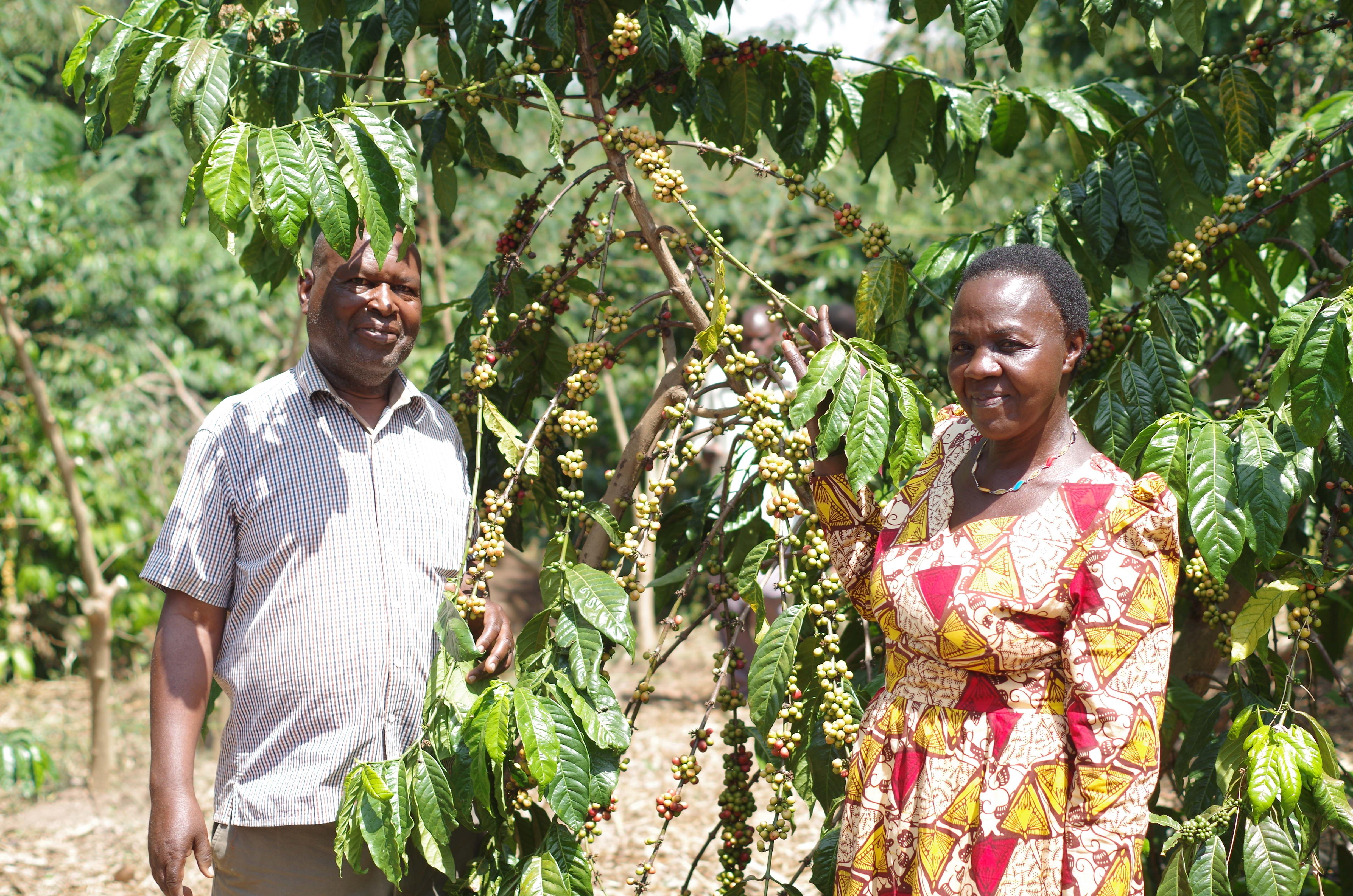
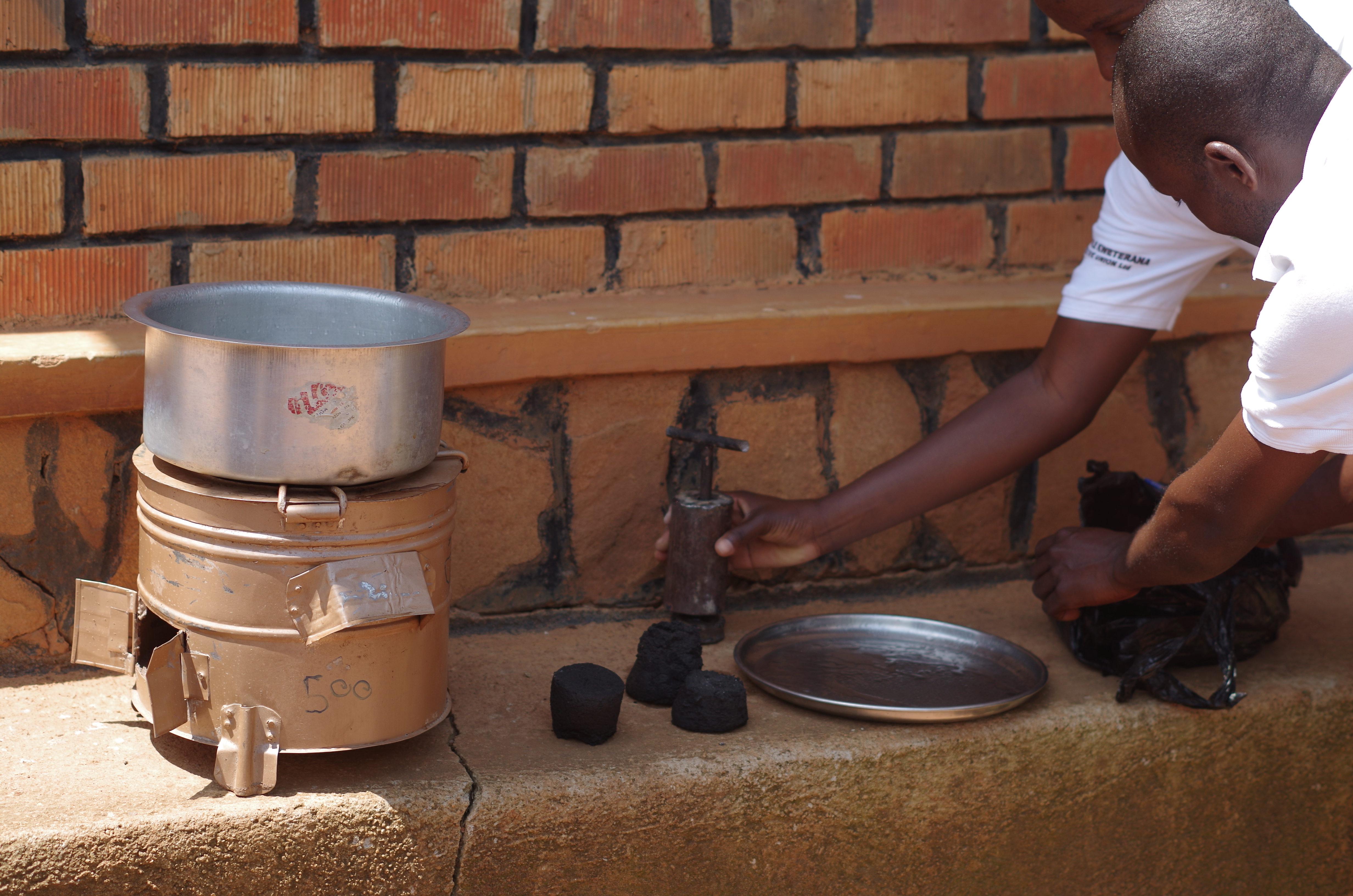

 The Nordic Climate Facility (NCF) is a challenge fund that finances innovative climate change projects.
The Nordic Climate Facility (NCF) is a challenge fund that finances innovative climate change projects.
